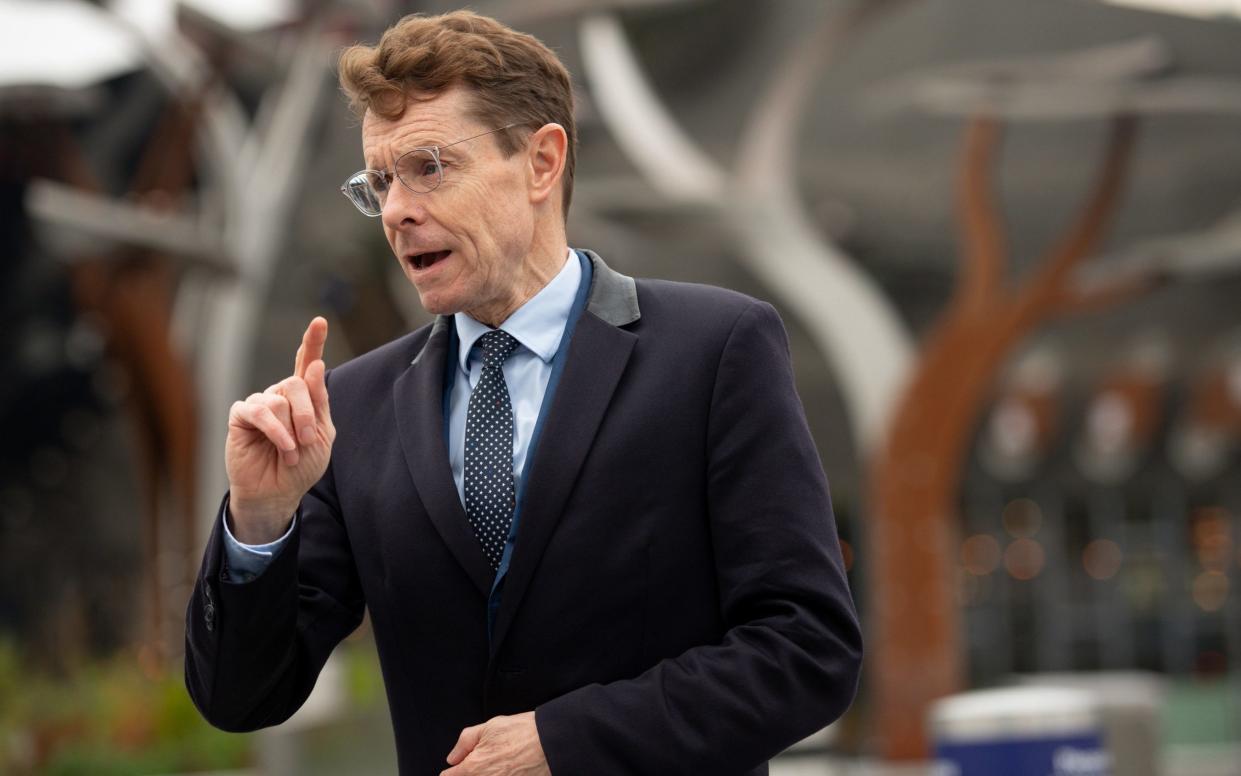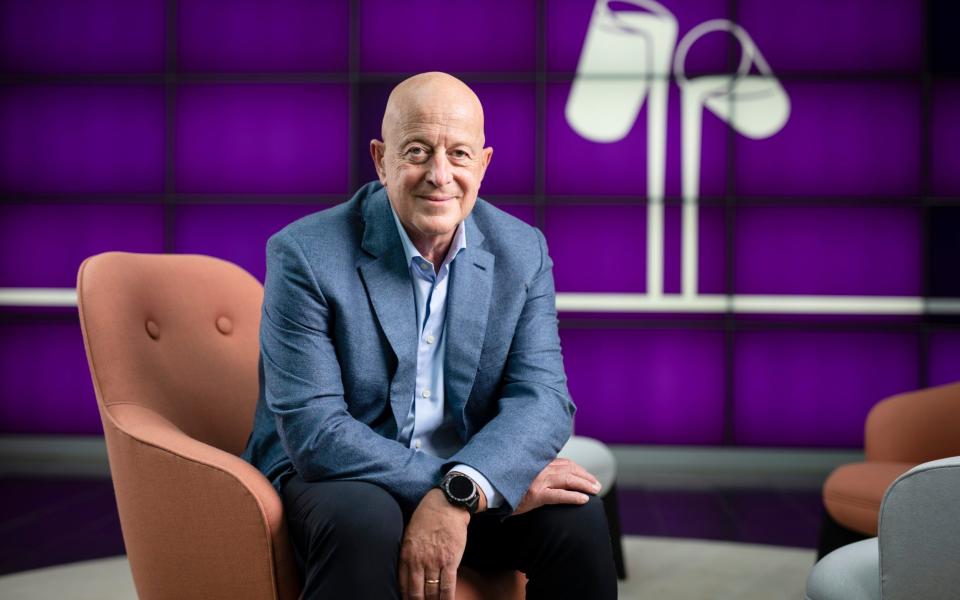Cadbury’s US owner has betrayed brand’s roots with Russian presence, says Andy Street

Andy Street has called on the owner of Cadbury to quit doing business in Russia, as he urged bosses to reflect on the confectionery brand’s Quaker roots.
In a private letter to Mondelez chief executive Dirk Van de Put, the Conservative West Midlands mayor said the company should revisit its stance on Russia given the war in Ukraine.
Mr Street said the US business – which bought Cadbury in 2010 – should consider the “founding Cadbury family’s Quaker faith and the role of pacifism in those beliefs”.
It comes after Mondelez, which also owns the Toblerone and Oreo brands, has defended its decision to continue operations in Russia despite fierce criticism from campaigners.
Mr Street has waded into the debate given Cadbury’s roots in the region, as the company was founded in Birmingham 200 years ago by John Cadbury, a Quaker.
Despite being owned by Mondelez, it still makes its chocolates from its base in Bournville.
The letter sent to Mr Van de Put on Tuesday, seen by The Telegraph, said: “In the last few weeks I have received correspondence from both local and international organisations stressing their concerns that Mondelez’s continued operations in Russia will have a detrimental effect on Cadbury as a brand and a West Midlands institution – concerns I wholeheartedly share.
“Mondelez’s continued operations in Russia is causing upset and disbelief across the West Midlands – and indeed the wider UK.”

While other Western companies have sought to end operations in Russia since the invasion of Ukraine in 2022, Mondelez continues to employ around 3,000 people in the country across three factories.
It now operates its Russian business as a separate, standalone entity.
Accounts show that Russia accounted for 2.9pc of its global revenues in 2023, with the company claiming in February that investors do not “morally care” about its continued presence in Russia.
Along with other businesses still operating in Russia, Mondelez has been dubbed an “international sponsor of war” by the Ukrainian Government.
Criticism has led to Mondelez pledging upwards of $15m (£12m) in financial support for Ukrainian citizens, while it has also discontinued advertising and new product launches in Russia.
However, Mr Street added: “Whilst I acknowledge your financial contribution to Ukraine, highlighted in your statement regarding this issue last June, your continued operation in Russia is impossible to look past.”
His comments come ahead of a mayoral election in the West Midlands on Thursday that will see the incumbent Mr Street battle for his position against Labour’s Richard Parker.
Mr Street, the former boss of John Lewis from 2007 to 2016, is currently neck-and-neck with Mr Parker, according to recent YouGov polling.
Seen as a moderate voice in the Tory party, Mr Street recently accused Prime Minister Rishi Sunak of allowing “too much noise from the right wing” of the party, adding that he would do “very good work” with a Labour Government if he hangs on to his seat.
A spokesman for Mondelez said: “Since the beginning of the war, we have condemned this brutal aggression against Ukraine. If stopping our operations in Russia would stop the war, we would do it immediately. Unfortunately, it is not that straightforward.
“Like most other global food and beverage companies, we are continuing to provide food during these challenging times in accordance with applicable sanctions. Suspending our full operations would mean cutting off part of the food supply for many families who have no say in the war and create great uncertainty for our ~3,000 colleagues and more than 10,000 farmers who depend on us. We would also risk turning over our full operations to another party who could use the full proceeds for their own interests.”

 Yahoo News
Yahoo News 
